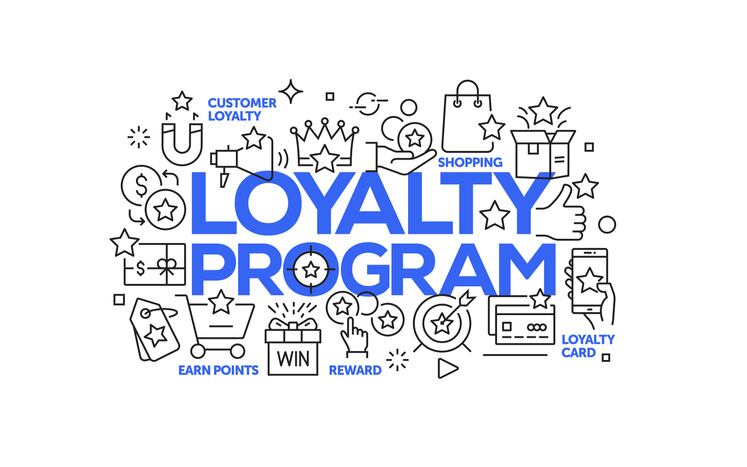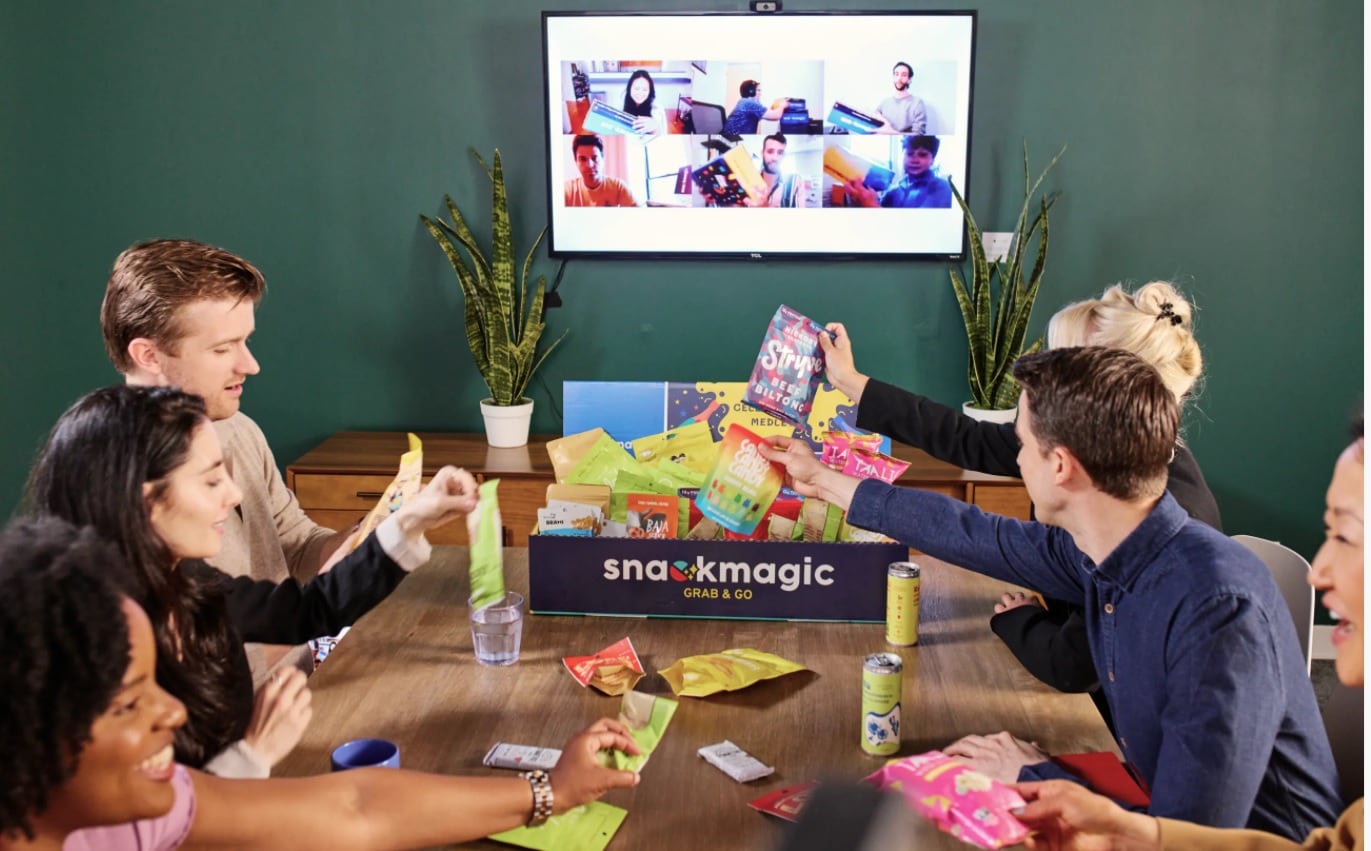According to recently released research by Deloitte and FMI – The Food Industry Association, the greatest challenge facing food retailers and product suppliers is recruiting and retaining employees who can meet job requirements that are quickly evolving and becoming more tech-reliant due to the pandemic.
Deloitte and FMI’s survey, “Future of Work: The State of the Food Industry,” reveals 44% of food retailers cited a broader workforce shortage as a challenge, 40% cited retaining talent as a top challenge and 39% noted challenges retraining employees to use new technology. This mirrors the experience of product suppliers, 45% who cited struggles with retaining talent and 36% who listed attracting emerging high-demand skill sets as a challenge.
Even before the pandemic, turnover in food retail was 40%, according to FMI’s The Food Retail Industry Speaks, and 46% of survey respondents in the report note COVID-19 made it harder to recruit and retain people.
Recruitment and retention challenges are further compounded by shifting hiring practices in other fields, such as technology, which are starting to drop four-year degree requirements and tap into less-credentialed labor pools from which the food industry historically draws, Deloitte and FMI note.
In addition, the ability to work remotely is opening more doors for potential employees – again cutting into the potential labor force on which retailers and food manufacturers rely.
According to Barb Renner, vice chairman at Deloitte and US consumer products leader, how retailers and food manufacturers respond to these challenges will dictate the degree to which they fill positions and the loyalty of future talent.
“There was an issue in the industry prior to the pandemic with talent so if you think about where CPG companies are trying to, they're competing with technology companies they're competing with financial companies they're competing in different geographies. So, whether it's an urban or rural location that they're competing at. So, there was this already ongoing conversation that was happening prior to the pandemic. And what's happened and escalated during the pandemic is really making certain that you're meeting the employees’ broader needs,” she explained.
These needs might include highlighting the social good employees can provide their communities or offering more flexible schedules.
“With a lot of the office workers going remotely, we’ve seen people leveraging that. Let’s say you’re a CPG company headquartered an hour and a half outside a major metropolitan area, and it might be hard to attract from the full talent pool you’re looking at,” Renner said. “If you can allow that flexibility where people maybe not only need to be in the office a couple of days a month, you can drive talent worldwide.”
Reskilling, training staff creates new career paths, generates loyalty
While hiring externally is sometimes the best way to fill roles, Renner also encourages companies to consider reskilling and training existing employees as a viable option for meeting quickly evolving needs.
She explains during the pandemic many retailers and manufacturers adopted new technology to safely meet demand and fulfill tasks – creating a new set of skills that workers need to navigate. However, because the technology is so new, companies are in a position to train employees alongside the adoption – creating new career paths and earning loyalty while simultaneously leveling up the business.
She notes that employees will respond to different types of training with some learning more quickly by engaging directly with the technology and others will need hands on assistance.
To successfully train and retain employees, Renner adds, companies must ensure they offer a win-win proposition that also empowers individuals to meet their goals as well as the company’s goals.
Collaboration is essential
Even if companies can attract and retain necessary talent, the speed of change occurring currently will quickly outpace what industry players can manage alone – elevating the need for a more collaborative mindset that can more efficiently anticipate or respond to shifts.
“Traditionally, CPG companies have been comfortable with what happens in their four walls, but maybe not trust what’s outside their four walls,” but now with the pandemic creating causing supply chain and production challenges companies need to work with each other to ensure consistent production and delivery, Renner said.
She added, during the pandemic, “we saw a lot more relationships develop, and I think that’s going to be positive for the industry.”
To read the full report, which is the first in a series from Deloitte and FMI, visit: https://www2.deloitte.com/us/en/insights/industry/retail-distribution/future-of-food-retail-workforce.html



